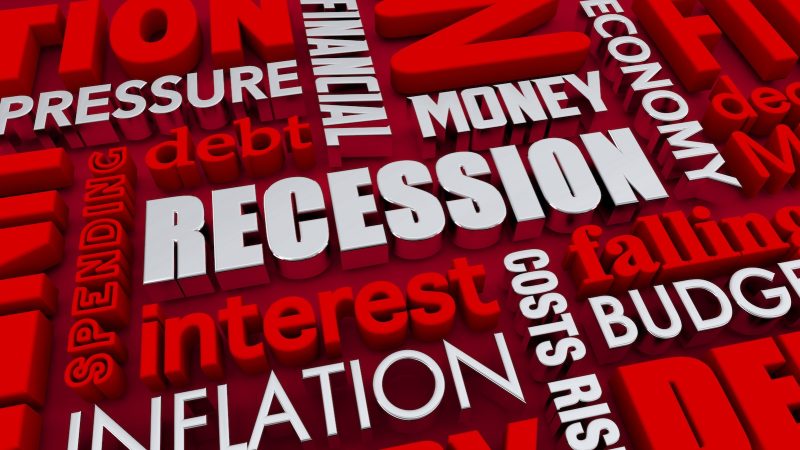The recent selloff in tech stocks has sparked widespread concerns about a potential recession looming on the horizon. As investors scramble to make sense of the current market volatility, many are looking to historical patterns and economic indicators for guidance on what lies ahead. The fears of an impending recession are amplified by the backdrop of ongoing trade tensions, geopolitical uncertainties, and slowing global economic growth.
The selloff in tech stocks, which have been a driving force behind the market rally in recent years, is further fueling fears of a broader economic downturn. The tech sector, encompassing giants such as Apple, Amazon, and Microsoft, has been at the forefront of innovation and growth, propelling the overall market to new highs. However, recent signs of weakness in tech stocks, including Apple’s disappointing revenue forecast and Facebook’s data privacy scandals, have rattled investors’ confidence in the sector’s stability.
One key indicator that has historically preceded economic downturns is the yield curve inversion. The yield curve, which plots the interest rates of government bonds at various maturities, typically slopes upward, reflecting higher interest rates for longer-term bonds. However, an inverted yield curve, where short-term bond yields exceed long-term bond yields, has often been a harbinger of recessions. The recent flattening of the yield curve, with the gap between the 2-year and 10-year Treasury yields narrowing, has raised concerns about the possibility of an inversion in the near future.
Another factor contributing to recession fears is the Federal Reserve’s tightening monetary policy. The Fed has been gradually raising interest rates in response to a strong economy and rising inflation, aiming to prevent overheating and asset bubbles. However, higher interest rates could dampen consumer spending, business investment, and borrowing, potentially slowing down economic growth. The recent market turbulence has underscored the fragile balance between the Fed’s efforts to normalize monetary policy and the potential risks to economic stability.
Geopolitical uncertainties, including the ongoing trade disputes between the U.S. and its trading partners, have added to the climate of uncertainty surrounding the global economy. The escalating tariffs and trade tensions have weighed on business sentiment and investment decisions, with companies facing supply chain disruptions and higher costs. The potential spillover effects of trade conflicts on global growth and financial markets have further heightened fears of a recession.
While the recent tech stock selloff has rattled markets and fueled recession fears, it is essential to note that the economy remains fundamentally strong. Unemployment is at record lows, wages are rising, and consumer confidence is robust. The underlying drivers of economic growth, including solid corporate earnings and healthy consumer spending, continue to support the expansion. However, the risks of a potential downturn are real, and investors are closely monitoring economic indicators and market developments for signs of trouble ahead.
In conclusion, the recent selloff in tech stocks has underscored investors’ concerns about a possible recession on the horizon. Economic indicators, including the yield curve, monetary policy, and geopolitical uncertainties, are contributing to the climate of uncertainty surrounding the global economy. While the current economic expansion remains intact, the risks of a downturn are significant, and investors are bracing for potential headwinds in the months ahead. Vigilance and preparedness will be essential in navigating the evolving market landscape and managing the risks associated with a possible recession.

